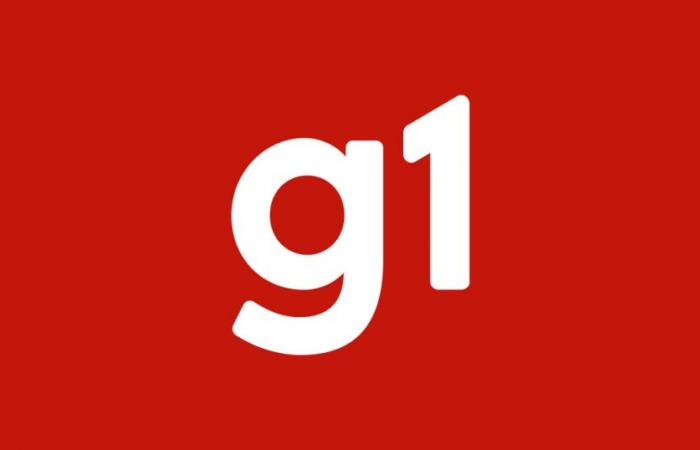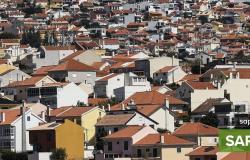
The president of the Central Bank, Roberto Campos Neto, stated this Wednesday (3) that food inflation, which scared the population in recent months, should recede and explained that the intervention made in the dollar this week was punctual, to avoid ” dysfunctionalities” in this market. For him, the exchange rate should not be a problem in Brazil.
“Food had two or three bad months, there was a ‘payback’ [retorno de uma queda] which was in December. But we don’t think food is a big problem this year. I understand that there has been anxiety, as we have had, mainly, rice, beans, eggs, milk and dairy products rising a lot in the last two months. But we think that food inflation will fall again”, declared Campos Neto, at a Bradesco BBI event, in São Paulo.
According to IBGE data, food and beverage inflation, in the 12 months up to February this year, totaled 2.62% – below the full index of 4.50%. However, some foods registered greater increases in this period. Are they:
- Rice: +30.72% in twelve months up to February
- Black beans: +20.11%
- English potato: +42.69%
- Carrot: +56.6%
- Apple banana: +14.37%
- Cereals, legumes and oilseeds: +21.91%.]
Campos Neto also assessed that Brazil is in a disinflation process in line with what the Central Bank expects, but added that the services sector, a source of concern, has shown higher inflation.
Interest rate decisions
To define the basic interest rate and try to contain rising prices, in the inflation targeting system, the BC makes projections for the future. If estimates are in line with targets, interest rates can be reduced. If they are above, the rate can keep the rate stable or even increase.
At this moment, the institution is already aiming for this year’s target, and also for the first and second semesters of 2025 (in twelve months). This is because changes to the Selic rate take six to 18 months to have a full impact on the economy.
- This year’s inflation target, defined by the National Monetary Council (CMN), is 3% and will be considered met if it fluctuates between 1.5% and 4.5%.
- From 2025 onwards, the government changed the inflation targeting regime, and the target became continuous at 3%, and could fluctuate between 1.5% and 4.5% without being breached.
- Last week, financial market economists estimated that inflation in 2024 will total 3.75% and that in 2025, 3.51%. In other words, above the central target in both years, but within the margin.
Campos Neto stated this Wednesday that the central inflation targets will be pursued.
“The expectation of inflation [do mercado] in the long term has not converged towards the goal (…) People have incorporated that the goal is not the goal, but the goal is the goal. We want to comply. We understand that it is important to pursue the goal”, he added.
Tags: President food prices fall assesses dollar problem Economy





